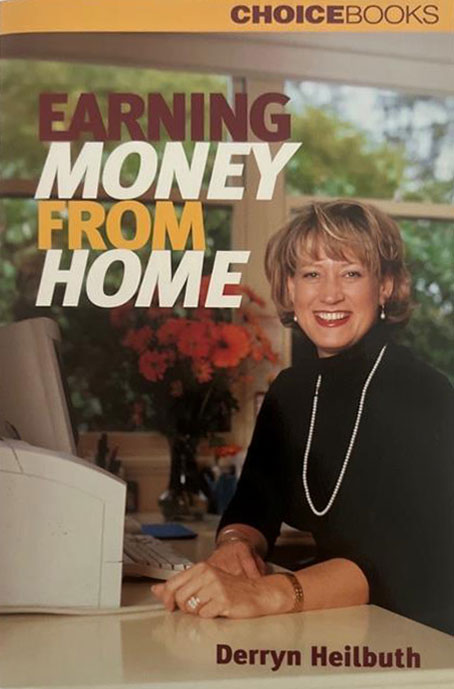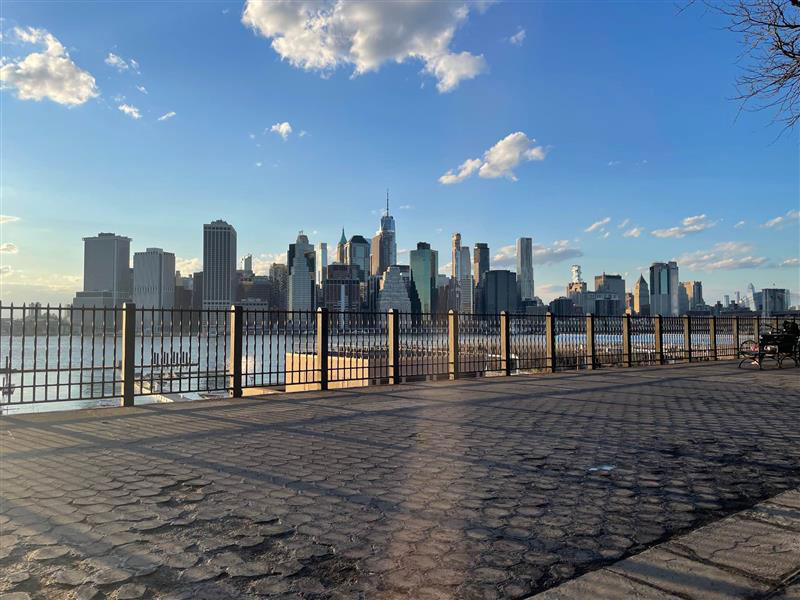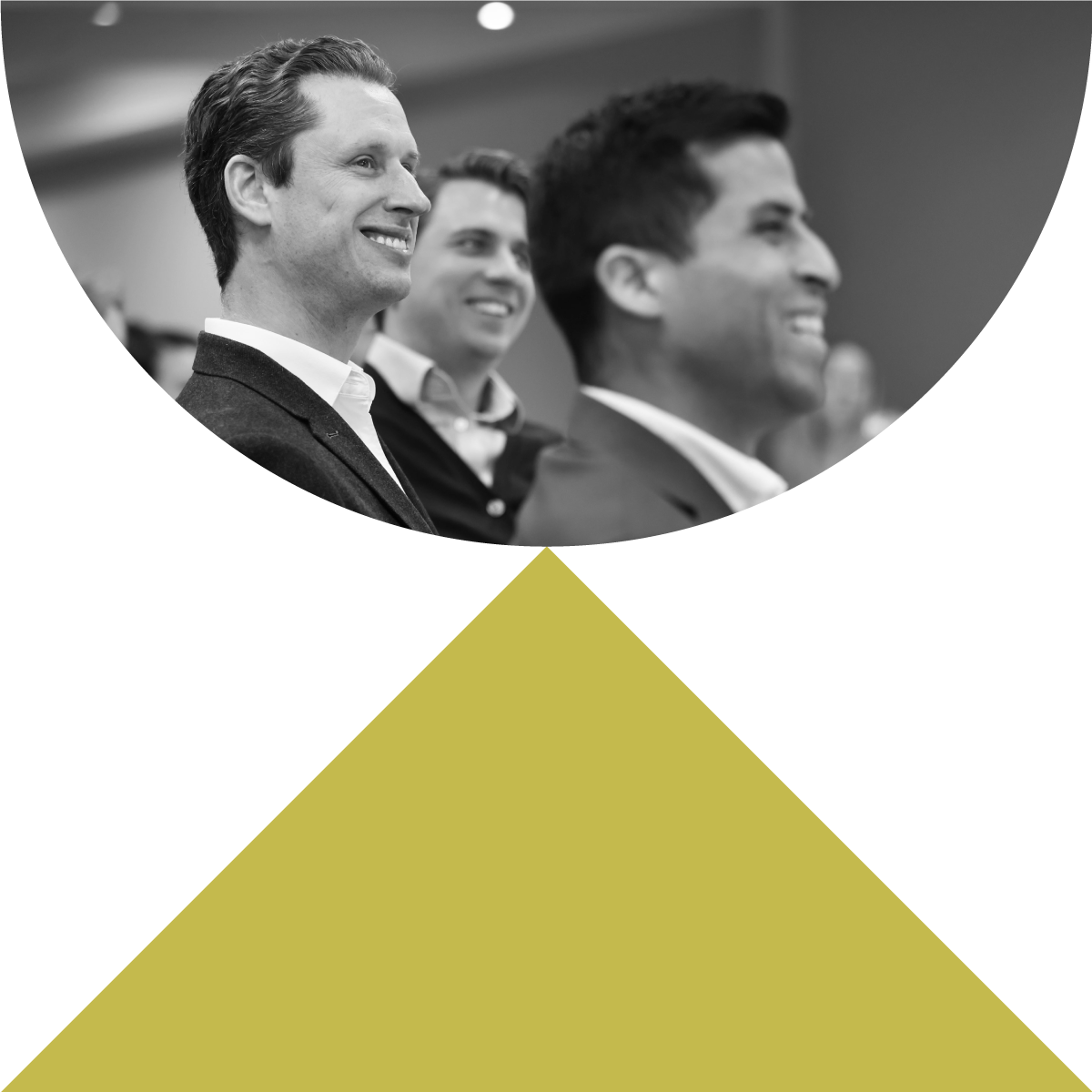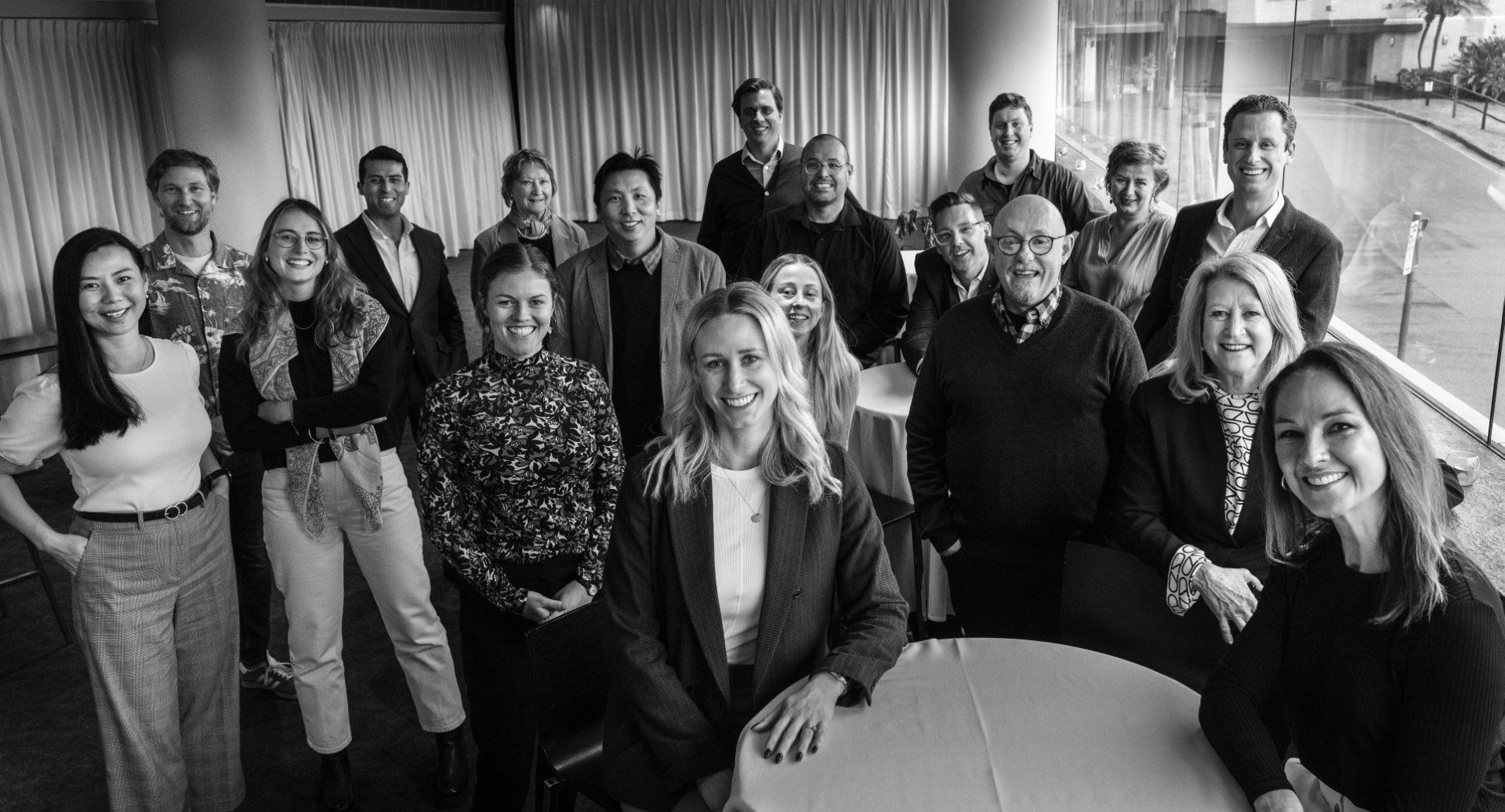
Like many family businesses, our story began with an entrepreneurial migrant with no money in her pocket and a desire to live and work on her own terms. With a background in journalism, Derryn (my mum) set off on a journey 33 years ago, building a consultancy that specialised in corporate reporting.
Fast forward to 2017, when Derryn, my sister Amy Gordon, a tight-knit team of colleagues and I decided to transform BWD into a sustainability consultancy. We’d been compiling sustainability reports since 2003, but it felt right to specialise exclusively in a discipline that we thought would define the future.
Sustainability also played to our strengths: strategic thinking, analytical prowess, plain English and innovative design. The last was an especially important point of difference.
We realised that attention was a resource in short supply. Busy decision-makers would no longer read 40 pages of boring tables and text. To influence stakeholders, sustainability strategy and disclosure had to be simple and – ideally – shown visually through infographics.
Today it seems obvious that a pivot to sustainability would pay off. But it wasn’t at the time. Most companies weren’t ready to embrace the social and environmental changes that seem commonplace today.
Sustainability was a buzzword ignored by most boards and executives. Many decision-makers saw it as a proxy for corporate social responsibility; a PR tilt comprised of a corporate donation to charity, a scholarship or two, and a few glossy shots of a tree planting session with the CEO.
Through luck more than foresight, we stuck to our view, even as COVID rolled in. We knew sustainability mattered to long-term value creation.
We could see it everywhere. In the superior decision-making of the management teams who understood it. In the idealism of the young and talented. In the science of climate change and biodiversity loss. In rising concerns around inequality. In the clean energy transition. In the prospect of new technologies and geopolitics upsetting the labour market.
Slowly, thanks to hard work and the loyalty of clients prepared to back us, we set about realising our vision.

US expansion
In 2020, we self-funded a new office in New York. The sum of that initial expansion was a former client, Dr Alex Gold, who was moving back to his homeland after a decade-and-a-half in Sydney. Alex has a PhD in resilience science and was experienced at developing and implementing sustainability strategies for business. But with no connections in a city famous for its networks, the odds were stacked against a tiny Australian firm.
Three years on, our US team is growing rapidly. A recent recruitment round, for an Associate position in New York, attracted 630 applicants (Raheem got the gig). We’ve opened a second office in Arizona, and now help some of America’s most respected companies with their sustainability challenges and opportunities.
With all this growth – new colleagues, offers, geographies and impact – we realised in late 2022 that our website and brand no longer reflected our business.
That’s the objective of this article: To show you where we’ve come from, what we’ve become, and what we hope to be.
Who we are
We’re a B Corp and sustainability advisory company that aims to build the smartest and most creative team of sustainability practitioners across the Asia-Pacific and North America. Our network includes offices in Sydney, Brisbane, New York, Arizona and Auckland.
We’re growing fast, but we’ll never compromise on doing what we think is right. When the profit motive and our values misalign, we’ll prioritise values every time. I’m proud to point to many real-world examples of this. The new website shares more about our Asia-Pacific and our North America teams and the impact we seek.
How we think about relationships
We only want long-term partnerships where we can compound the value we provide year-on-year. We look for smart and good people (clients and employees) who appreciate mutual respect. The philosopher Naval sums it up when he says, “play long-term games with long-term people. All returns in life, whether in wealth, relationships, or knowledge, come from compound interest.”
“Play long-term games with long-term people. All returns in life, whether in wealth, relationships, or knowledge, come from compound interest.”
We refuse to treat sustainability as a plaything in the culture wars, or as a marketing strategy to gild the PR efforts of a client with no interest in making positive change. We won’t work with companies that have no real desire to develop a credible transition plan. For a selection of some of our recent projects, please see our case studies.
How we think about sustainability
To us, sustainability is an untapped opportunity to build organisational resilience and long-term financial value. In our view, sustainable companies are profitable. They are capable of attracting the brightest talent.
They are stewards of value in all its forms: shareholder, employee, customer, community and environmental. They are excited about the future and see opportunity, not just compliance risks, in the changes that are upon us. They are clear-eyed about the role and obligation of business to build a healthier planet and fairer society.
After hundreds of projects, mistakes, dead-ends, trials, errors, and successes, we’ve come to realise that the best sustainability approach evolves in three parts: Assess, Develop, Disclose.
Assess: We start by asking the right questions. What are the sustainability risks and opportunities facing the business? How do these risks and opportunities impact its ability to create sustained value? Once these are clear, we are well positioned to begin the process of developing a meaningful strategy.
Develop: We believe that every sustainability strategy should be measurable. Otherwise, how does a client know if the time, money and effort was worthwhile? Metrics for success don’t have to be financial. But they should be agreed, quantifiable and clear.
Disclose: Even the best strategy is meaningless if it fails to influence stakeholders. And presentation is an often overlooked component of influence. Decision-makers want information that is clear, short, simple and beautiful. That’s why we prioritise design thinking in our client deliverables.
Finally, we seek always to provide clients with the latest and best thinking about sustainable business strategy. We routinely remake our own best practice guidance, however hard-won and despite challenges of doing so, as soon as we see there is a better approach. As the saying goes, “in times of change, learners inherit the earth, while the learned find themselves beautifully equipped to deal with a world that no longer exists.” You can also read our thought leadership material here.
If you’ve made it this far, thank you for taking the time to engage and reflect on BWD’s journey. If you’d like to chat with us, please get in touch.



